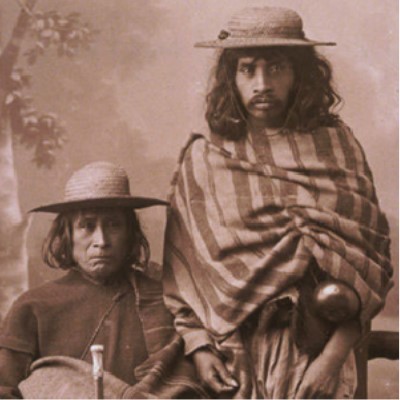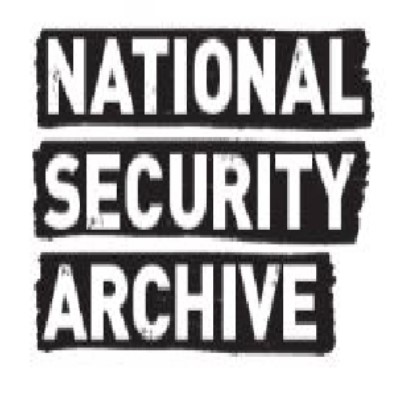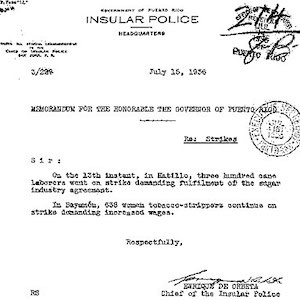North/Central America

Mesoamerican Photo Archives
The excellent images provided here can serve as a stimulus to further research for students interested in Mesoamerican history and in broader comparative history.
The Florentine Codex
This is an excerpt from the twelfth book of the Historia general de las Cosas de Nueva España (General History of the Things of New Spain), an encyclopedic work about the people and culture of central Mexico compiled by Fray Bernardino Sahagún (1499-1590).

The True History of the Conquest of New Spain
This is an excerpt from the Historia Verdadera de la Conquista de la Nueva España (The True History of the Conquest of New Spain) by Bernal Díaz del Castillo (1492-1581).

The Victorian Women Writers Project
This website that should prove an excellent source for student research projects on the social and cultural history of the Victorian era.Guaman Poma - El primer nueva corónica y buen gobierno
This digital version of Guaman Poma’s manuscript provides teachers and students with an opportunity to think about the relationship between events and the way that they are recorded, and about the materials that historians use to interpret the past.
Mexico: From Empire to Revolution
By making hundreds of photographs available and placing them in a clear, historical context, the website provides students with a fascinating perspective on several crucial decades in Mexican history.
Urban Dharma, Buddhism in America
Although many of the essays are intended to promote Buddhism and a Buddhist religious perspective, the site also includes English translations of important early South Asian documents.
National Security Archive: Sources on Latin America
The documents on the website provide students the opportunity to construct their own historical interpretations.Long Teaching Module: Doña Marina, Cortés' Translator
What is the language of conquest? What language do people speak when they battle for land and autonomy, or meet to negotiate? During the conquest of Mexico, Spanish and Nahuatl—the mother tongues of the conquistadors and the Mexica—grew newly powerful.

Official Document, Police Letter
This letter documents the government's continued concern about women striking, as the Chief of Police for the Island reports new labor strike figures to the Governor. In this case, 638 women working as tobacco strippers went on strike.